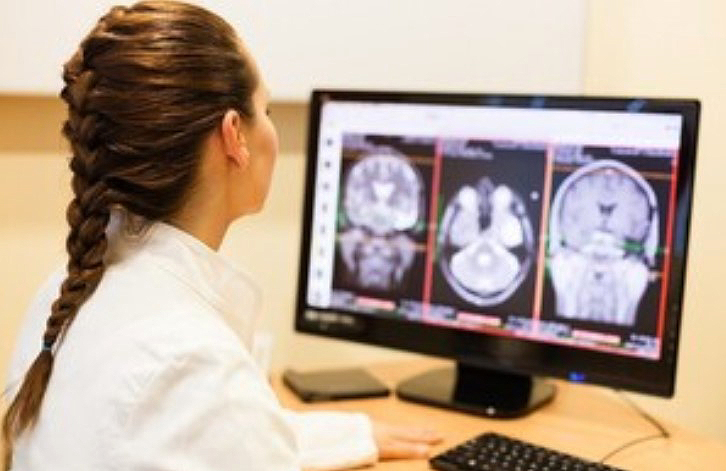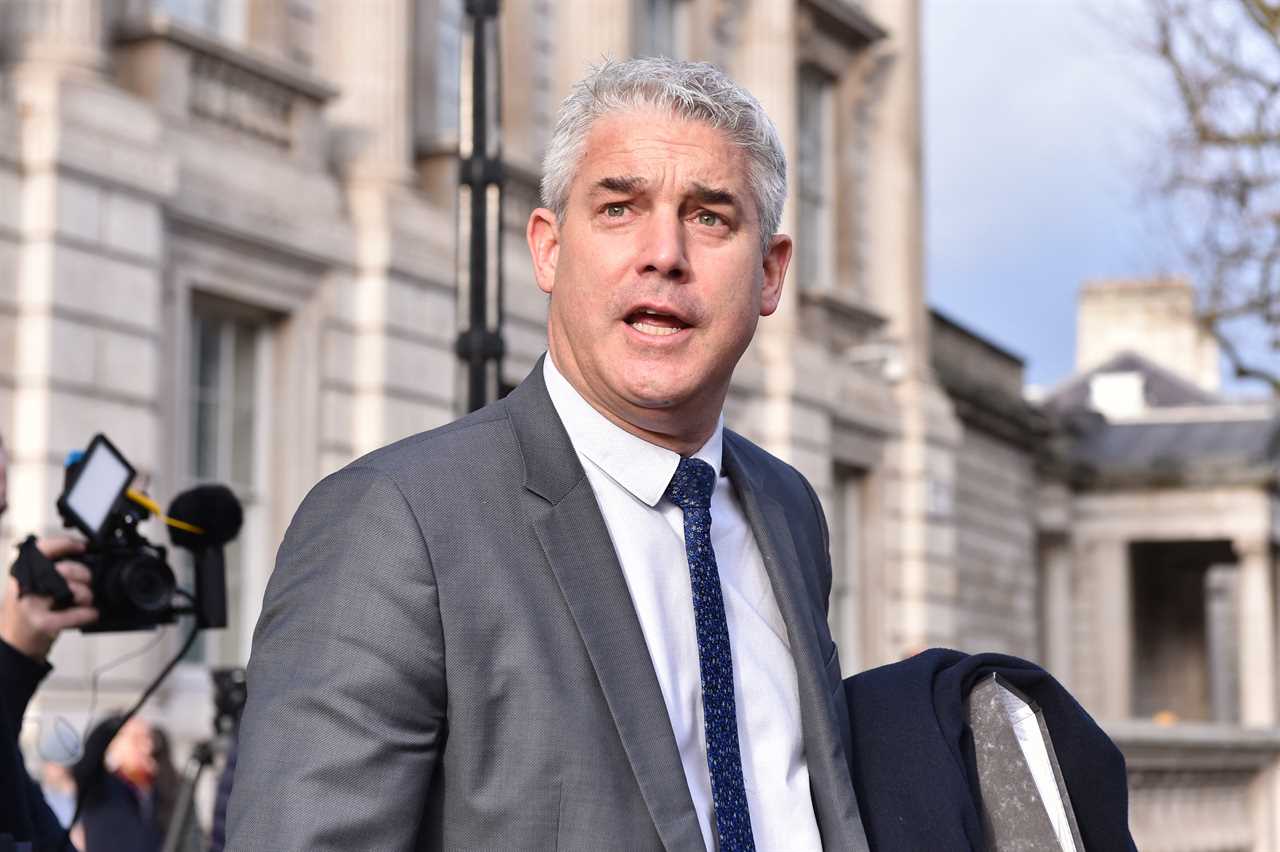ARTIFICIAL intelligence will be rolled out more widely across the NHS to save lives and slash record waiting lists.
The “cutting-edge” technology can diagnose diseases and treat patients faster, helping to lift pressures off the health service ahead of winter.

The NHS will use AI more widely to diagnose diseases faster

Health Secretary Steve Barclay has announced £21m of funding
The government has announced a £21million funding pot that trusts can apply for to implement AI tools for the likes of medical imaging and decision support.
This includes tools that analyse chest X-rays in suspected cases of lung cancer.
Results so far suggest it could be 40 times more accurate than traditional methods, identifying the disease in less than 30 seconds.
It will also allow more than 600,000 X-rays to be performed monthly across England, with patients beginning treatment around one hour sooner, it is understood.
Tech that can diagnose strokes will also be available to all stroke networks by the end of 2023 – up from 86 per cent – and could help patients get treated more quickly and lead to better health outcomes.
The Department of Health and Social Care (DHSC) said AI could help cut NHS waiting lists before the winter surge.
A record 7.4million people are on waiting lists in England, with four in five requiring scans, tests and other outpatient appointments rather than surgery.
Bids are being welcomed for any AI diagnostic tool, although the DHSC said they “will have to represent value for money for the funding to be approved”.
The Government has invested £123m in 86 AI technologies to date.
Professor Stephen Powis, NHS national medical director, added: “The NHS is already harnessing the benefits of AI across the country in helping to catch and treat major diseases earlier, as well as better managing waiting lists so patients can be seen quicker.
“As we approach our milestone 75th birthday, this is another example of how the NHS is continuing its proud history of adopting the latest proven technology to deliver better care for patients, and better value for taxpayers.”
Dr Katharine Halliday, president of the Royal College of Radiologists, said embracing innovation is “critical”.
‘EMBRACE INNOVATION’
She added: “At a time when diagnostic services are under strain, it is critical that we embrace innovation that could boost capacity – and so we welcome the Government’s announcement of a £21m fund to purchase and deploy AI diagnostic tools.
“All doctors want to give patients the best possible care.
“This starts with a timely diagnosis, and crucially, catching disease at the earliest point.
“There is huge promise in AI, which could save clinicians time by maximising our efficiency, supporting our decision-making and helping identify and prioritise the most urgent cases.
“Together with a highly trained and expert radiologist workforce, AI will undoubtedly play a significant part in the future of diagnostics.”
The funding package comes after NHS England’s chief executive Amanda Pritchard said further applications for AI in the health service are on the horizon.
In a keynote speech, she told delegates at the 2023 NHS ConfedExpo: “As a national health service, we are in prime position to be able to make this technology available quickly.
“And our national commercial powers make us well placed to get the best deal for taxpayers.”
Debates around how advancements in AI should be regulated are ongoing.
Earlier in June on a visit to the US, Prime Minister Rishi Sunak said he wanted to avoid “scaremongering” discourse around the technology, but acknowledged it could pose the same risks as nuclear war and pandemics if not monitored appropriately.
Days earlier, minister for tech and digital economy Paul Scully urged for the focus of the conversation to shift from a “Terminator-style scenario” to AI’s potential usefulness, particularly in healthcare.
The Government recently launched the AI & Digital Regulation Service to help NHS staff find information and guidance on deploying AI safely.






